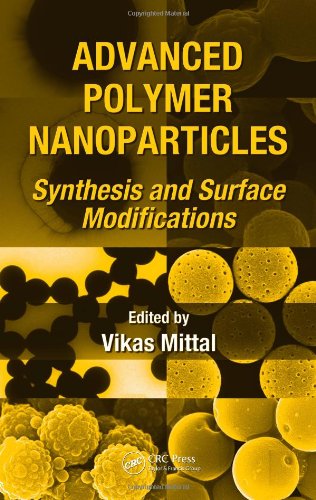

Most ebook files are in PDF format, so you can easily read them using various software such as Foxit Reader or directly on the Google Chrome browser.
Some ebook files are released by publishers in other formats such as .awz, .mobi, .epub, .fb2, etc. You may need to install specific software to read these formats on mobile/PC, such as Calibre.
Please read the tutorial at this link: https://ebookbell.com/faq
We offer FREE conversion to the popular formats you request; however, this may take some time. Therefore, right after payment, please email us, and we will try to provide the service as quickly as possible.
For some exceptional file formats or broken links (if any), please refrain from opening any disputes. Instead, email us first, and we will try to assist within a maximum of 6 hours.
EbookBell Team

0.0
0 reviewsPolymer latex particles continue to become increasingly important in numerous commercial applications. Advanced synthesis techniques are the key to developing new functionality for nanoparticles. These methods make it possible to tailor the size, chemical composition, or properties of these particles, as well as the molecular weight of the polymer chain as a whole, based on given requirements.
Advanced Polymer Nanoparticles: Synthesis and Surface Modifications summarizes important developments in the advanced synthesis and surface modification techniques used to generate and mold polymer particles. This book explores the evolution and enhancement of processes such as emulsion, mini-emulsion, micro-emulsion, dispersion, suspension, inverse emulsion (in organic phase), and polymerization. Understanding these developments will enable the reader to optimize particle system design, giving rise to a greater application spectrum.
This book:
The authors describe pH-responsive nanoparticles and smart, thermally responsive particles. They also cover surface tailoring of various organic and inorganic nanoparticles by polymers, as well as theoretical studies on the kinetics of controlled radical polymerization techniques. Condensing and evaluating current knowledge of the development of polymer nanoparticles, this reference will prove a valuable addition to the area of polymer latex technology.